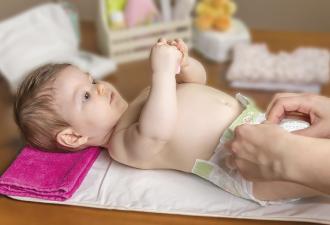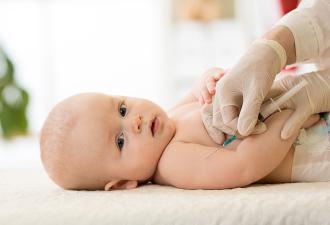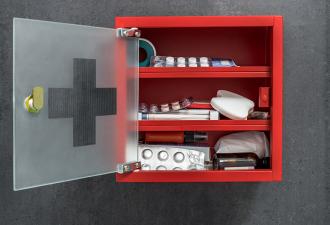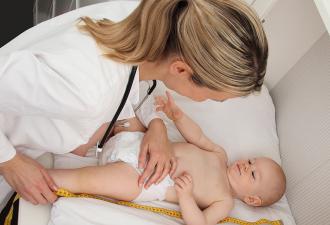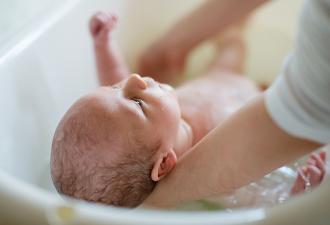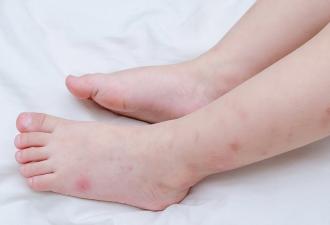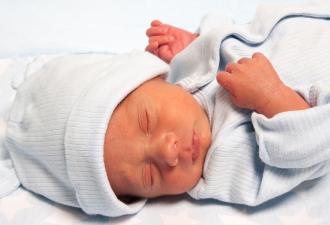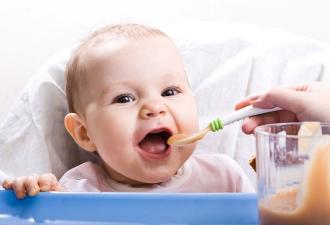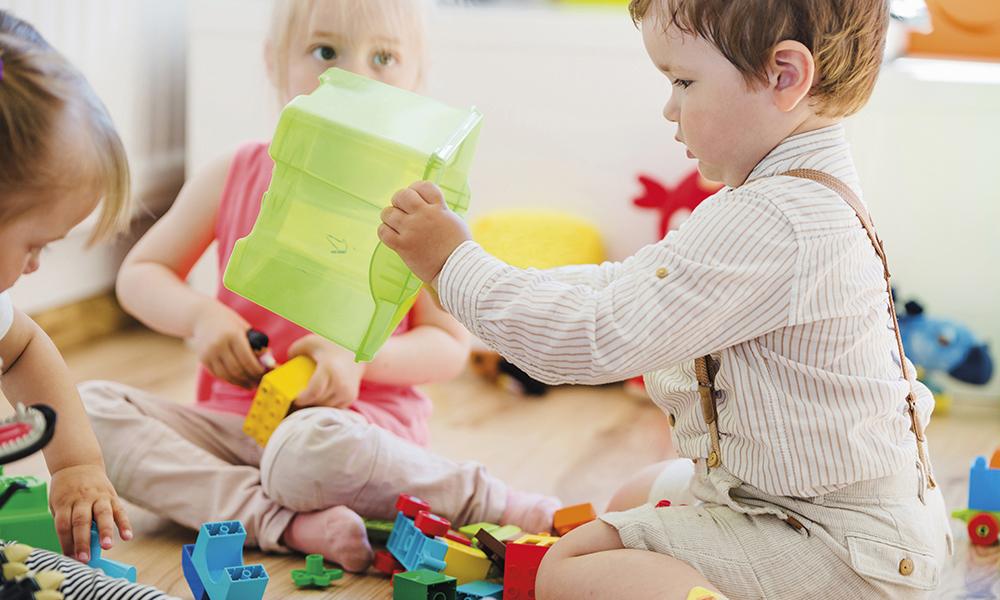
Frequent Infections in Children Attending Preschool and Preventive Measures
Why Are Infections So Common at These Ages?
Children under the age of 4 put their hands in their mouths every 3 minutes, and for infections transmitted via hands, contact lasting just 15 seconds is sufficient.
Children attending preschool are more vulnerable because they spend time in enclosed spaces. Additionally, younger children have not yet developed a strong immune system and will react upon exposure to viruses. This is why we see more frequent episodes of infections in children attending preschool for the first time, while the second year is almost always better.
The most common infections observed are respiratory and gastrointestinal infections. Respiratory viruses spread through droplets, such as via coughing or sneezing. Common viruses include respiratory syncytial virus (RSV), rhinoviruses, parainfluenza and influenza viruses, adenoviruses, enteroviruses, and coronaviruses.
For gastrointestinal infections, contaminated hands are a significant mode of transmission. Rotaviruses are common, responsible for 60% of gastroenteritis cases in toddlers under two years old, particularly in winter. Other viruses causing gastroenteritis include enteroviruses.
Preventive Measures:
The primary preventive measure, both for a sick child and other children, is to keep your child at home until they recover.
When Should a Child Stay at Home?
If they exhibit any of the following symptoms:
- Fever
- Diarrhea
- Vomiting
- Abdominal pain
- Mouth ulcers with excessive saliva, unless the doctor confirms the child is not contagious
- Rash with fever or behavioral changes, until the doctor confirms it is non-contagious
Other Conditions:
- Streptococcal pharyngitis: Until 24 hours after starting treatment.
- Impetigo (skin infection caused by staphylococcus or streptococcus): Until 24 hours after starting treatment.
Additionally, a healthy diet and daily consumption of vegetables and fruits are very important. During the winter months, provide your child with fruits rich in vitamin C to strengthen their immune system.
Note:
The article provides general information, and you should always consult your paediatrician.
Teach your child to wash their hands and change their clothes after returning from school. Even during the colder months, ensure proper ventilation of your home and request the school to do the same.
Written by: Katerina Katsibardi
Paediatrician
